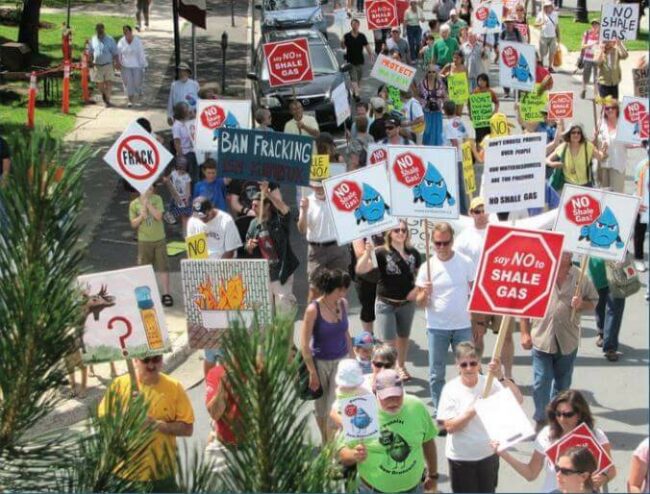Commentary | Jim Emberger
In his commentary, the Fraser Institute’s Alex Whalen suggested that the recent merger of gas company Chesapeake Energy and SWN could be a sign that New Brunswick should reconsider its moratorium on shale gas. He touted its economic potential.
That same day Reuters’ news reported: “Chesapeake Energy announced plans to cut production by 30 per cent in 2024 in response to a market that is “clearly oversupplied”. Chesapeake, which will become the country’s largest gas supplier after its merger with Southwestern Energy, is following others, including Comstock, Antero and EQT, announcing cuts to drilling or production plans.”
Then on March 4, the Institute of Energy Economics and Financial Analysis published an analysis entitled: “Canadian LNG (liquid natural gas) expansion does not make sense, regardless of U.S. LNG pause.”
This reflected the facts that European gas demand has decreased, and every nation on earth just agreed to transition away from fossil fuels at COP28 in order to address the climate crisis. Natural gas is 86 times as powerful as CO2 in warming the planet. Often it (especially as LNG) is worse than coal for the climate.
Of course, Whalen doesn’t mention the climate as a risk. He actually doesn’t mention any risks by name, but only asserts that all problems can be handled. Yet, shale’s well-documented, serious problems with health, water, wastewater, air pollution and earthquakes remain well-documented and unsolved. The rest of Whalen’s “facts” on the benefits of gas are equally questionable.
Science, and the reality of global economics, argue against shale gas in New Brunswick, despite the fantasies of its proponents. The last thing the province needs is to begin an industry with a troubled present and a dead end future. It is time for a permanent ban.
Jim Emberger is the spokesperson for the New Brunswick Anti-shale Gas Alliance.
This article appeared in the New Brunswick Telegraph-Journal on Saturday, March 9, 2024.

